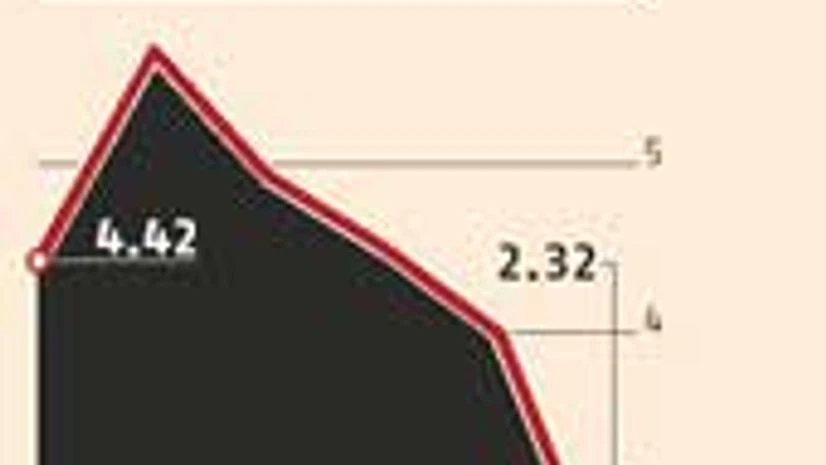The Union government on Thursday said the break-up of Belarusian Potash Company (BPC), a joint venture (JV) between Russia’s Uralkali and Belarus’ Belaruskali, seemed a welcome development.
“For the past couple of years, the demand for potash was coming down due to higher prices. If this development can bring down prices, it would be a positive sign for India,” said chemicals and fertilisers minister Srikant Kumar Jena.
Potash is a needed fertiliser and BPC was one of the world’s two big cartels in the commodity — it had 40 per cent of the global market and a North American producer group, Canpotex, had around 30 per cent. Uralkali, a private company, announced a walkout from its eight-year JV, without first telling its partner.
The result has been a fall in the shares of companies around the world which produce potash. Experts say its prices are likely to come down by at least 30 per cent from the next contract period, starting January.
The Union government’s subsidy for fertiliser was almost Rs 1 lakh crore in 2012-13; potash was an important constituent. A drop in prices would bring down the potash import bill, of about Rs 6,500 crore last year. This would be welcome, at a time when the government is struggling to find some relief on the country’s trade deficit and its fiscal problems.
Potash import to India dropped 42 per cent to 2.32 million tonnes in 2012-13, as compared to 3.99 mt in 2011-12, mainly due to a decline in demand among farmers due to higher prices.

“For the current year, India has imported 1.6 mt and the total contract till December was for three mt. Prices are likely to come down to $300 a tonne for the next contract, from January, from the current $427 a tonne,” said U S Awasthi, managing director of Indian Farmers Fertiliser Co-operative Ltd. The agriculture sector in India and China are supposed to be major gainers, as the two together account for a little more than 30 per cent of the global demand.
After oil and food, the fertiliser sector is the third largest contributor to the country’s subsidy bill. The Centre had said it wanted to cut the subsidy bill on these three to Rs 2.21 lakh crore for 2013-14, as compared to Rs 2.47 lakh crore in 2012-13.

)
